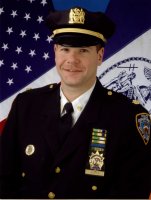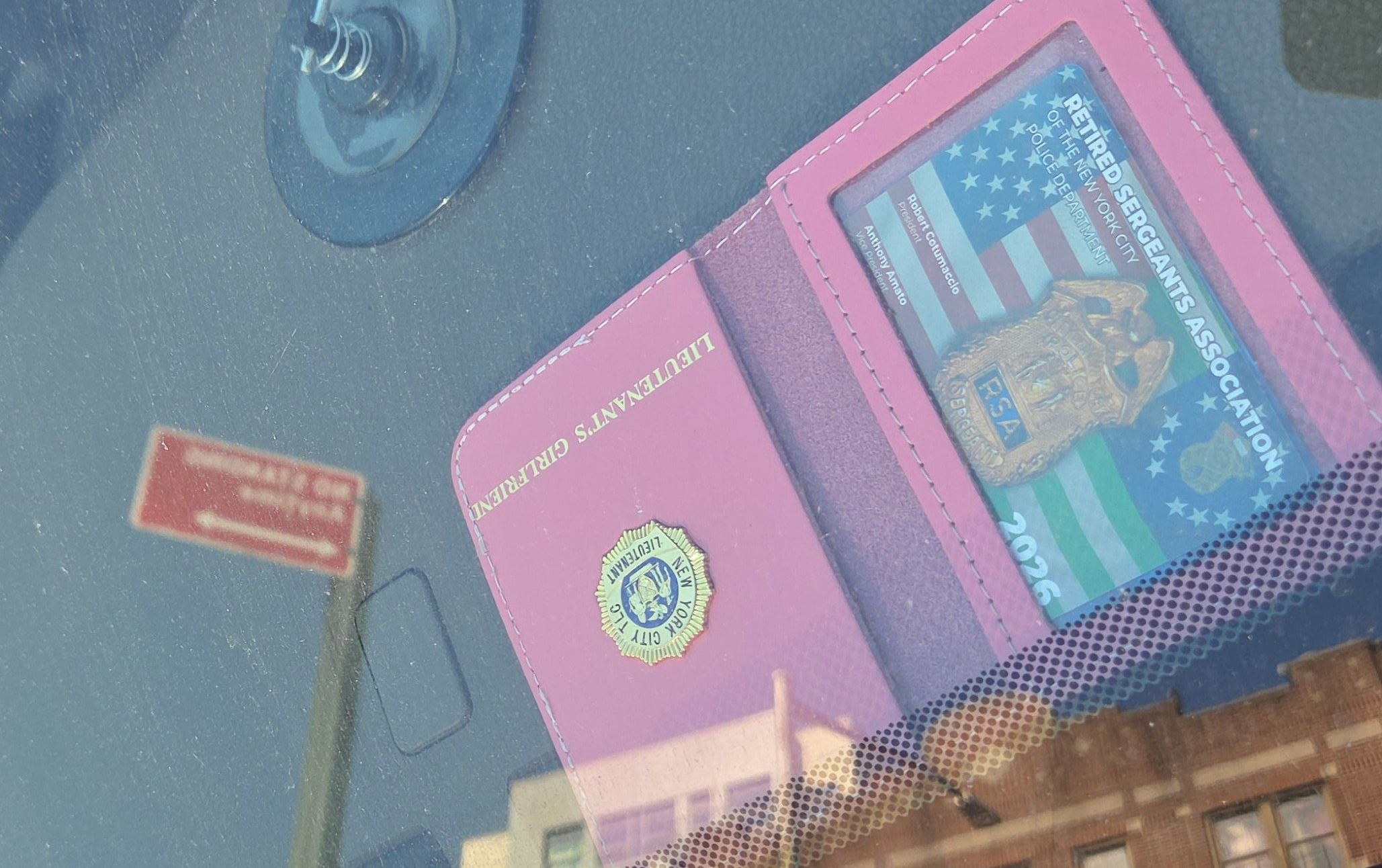It isn't often that stories of traffic justice denied make the pages of New York Times, but the case of Mathieu Lefevre got the attention of Jim Dwyer, whose article in today's paper highlights NYPD ineptitude and provides further details of the inhumane treatment suffered by the Lefevre family at the hands of the 90th Precinct.

Having flown in from Canada after learning of their son's death, Mathieu's parents Erika and Alain went to the city morgue to view his remains. There, they were told by a detective to go to the station house for a copy of the crash report and to pick up Mathieu's belongings. Here's what happened next:
The 90th Precinct station house proved to be a House of No, as Ms. Lefevre described it: the family was told at the desk that there was no detective available to speak with them, that Mr. Lefevre’s property was not there and that no report on the accident was available.
So they waited.
“After some time elapsed, I called the detective at the morgue, who had given us her phone number in case we ran into problems,” Ms. Lefevre said. Eventually, a detective in the 90th Precinct explained that the person handling the investigation of their son’s death would not be back for several days. “The detective we saw said he had no access to the information, that they do not share files,” Ms. Lefevre said.
After four hours, she said, they left.
It took a week for the Lefevres to claim Mathieu's effects -- though according to the Times they were at the station house all along -- and almost two weeks to obtain a copy of the crash report, which conflicted with NYPD statements to the media and has generated more questions than answers.
The most enraging aspect of NYPD's mishandling of the Lefevre case is that there is nothing unusual about it. We can't say it any better than Streetsblog commenter Media Maven, who writes: "The way the NYPD is treating the Lefevres is standard operating procedure. This isn't a particularly bad case. It's entirely normal. Virtually all ped and cyclist fatalities are treated as 'accidents' and blamed on the victim. The drivers who did the killing are rarely investigated or brought to justice. Getting information about the circumstances of the killing out of the NYPD is almost impossible unless you can afford a lawyer who is really willing and able to go after it." Witness, for example, the detective who handed the Lefevres an attorney's business card, knowing the swamp they were about to wade into.
Neither Ray Kelly nor Michael Bloomberg has shown any interest in improving the NYPD's record of tactless bungling when it comes to traffic fatalities, but there is a way for ordinary citizens to demand change from the ground up. Every month, each precinct holds a community council meeting. I've been to a few of these, and it's a tremendous opportunity to talk directly to the cops who are responsible for your neighborhood (as well as local electeds, who are often on hand). It might be easy for a faceless spokesperson to dismiss a tragic death with a callous remark like "That's why they call it an accident," but in my experience the police take very seriously the concerns of those who make time to come out on a weeknight and address them face to face.
The commanding officer of the 90th Precinct is Deputy Inspector Michael M. Kemper. The 90th Precinct community council meets on the second Wednesday of each month at 30 Montrose Avenue, Community Room, at 7:30 p.m. Streetsblog has confirmed that the next meeting will take place as scheduled, one week from today, on December 14.





